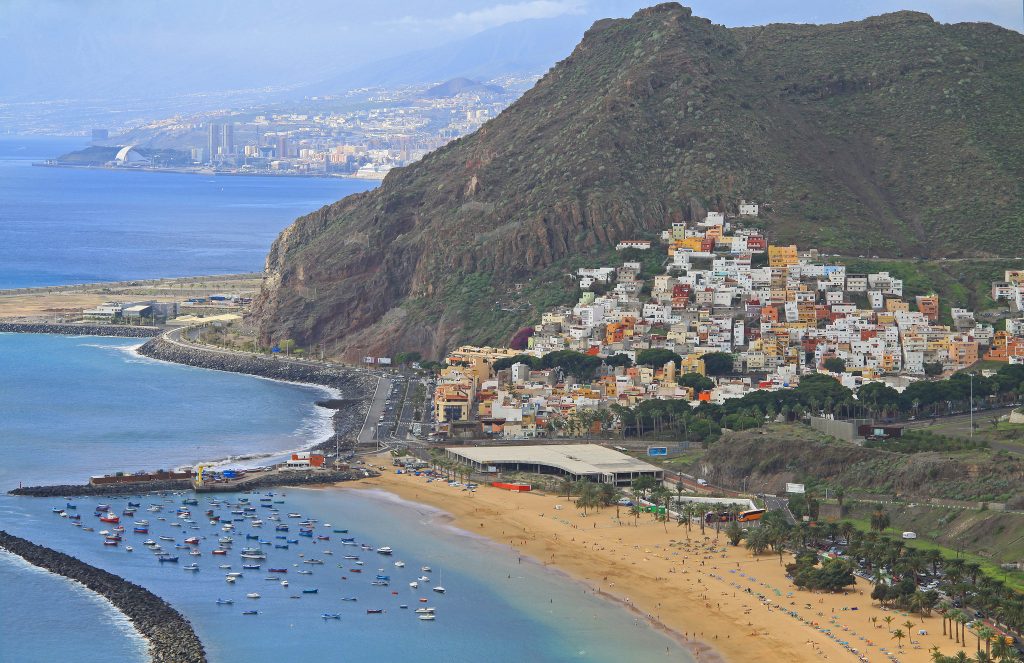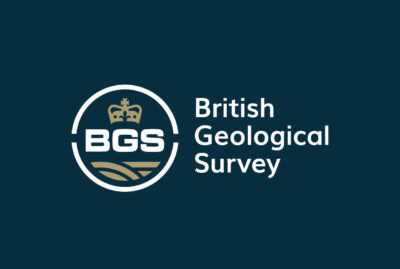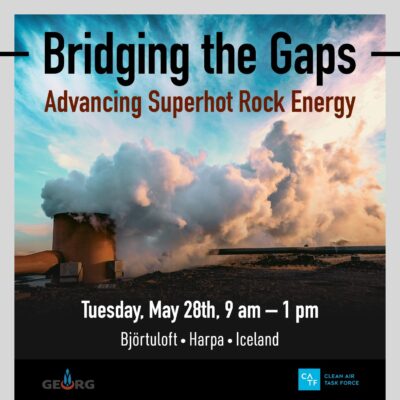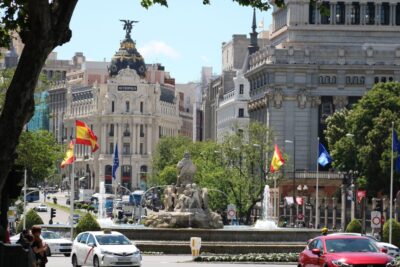Canary Islands call for EU funds to help on geothermal energy development
Presenting studies on geothermal opportunities, the regional government of the Canary Islands (Spain) is seeing funding as the main obstacle for possible development and is asking for EU support.
At a meeting yesterday, the Government of the Canary Islands (an island group off the coast of West Africa belonging to Spain), presented three manuals on geothermal energy presenting opportunities in the utlisation of low, medium and high enthalpy geothermal resources.
The Canary Islands are an island group consists of around seven larger islands, as well as several smaller islands. The overall population is around 2 million, depending primarily on tourism.
In the meeting, the government highlighted that high investment required to launch a geothermal project aimed at the production of electricity is the main obstacle found in the Canary Islands and throughout Spain. Therefore, the regional government aims to go to the Union European Union in search of the necessary funding. Only each initial survey to verify if the resource has enough potential to generate electricity is around EUR 4 million ($5 million), according to the first manuals on geothermal energy that collect all available information on this type of sustainable energy, presented yesterday by the Ministry of Economy of the autonomic Executive.
The councilor of the area, Pedro Ortega, announced that among the objectives of his department is to request European funds “specific” to promote in the Canary Islands geothermal low, medium and high enthalpy (that with sufficient temperature to produce electricity).
According to Ortega, the steps taken by the Government before the European Commission have allowed the “text of renewal of the European directive on renewable, which is being processed within the EU, include a specific mention to the Islands and the whole of the outermost regions (RUP), which establishes the appropriate regulatory framework to request specific funds that help exploit the potential of the Canary Islands in renewable energies and, specifically, in geothermal energy. “
This potential is one of the largest in the country, according to the investigations of the Geological and Mining Institute of Spain and Involcan and, despite it, the Archipelago does not yet have this technology, nor any other autonomous community, due to the important disbursement to which your installation requires.
The studies developed so far point to La Palma, Gran Canaria, Tenerife and Lanzarote as the islands most suitable for geothermal energy. Tenerife and Lanzarote are, in particular, the territories where research has advanced the most and where they have benefited from “the greatest amount of investment in geothermal prospecting,” says one of the manuals presented yesterday by the Ministry, the result of the work effected by the components of the geothermal work table.
If the geothermal of low, medium and high enthalpy has not yet found its place in the Canary Islands, the very low enthalpy does, in which the energy of the subsoil is used for air conditioning and water heating. Fifteen hotel establishments in the region have this type of facility, while the regional government has provided financing for more than EUR 816,000 ($1 million) for nine of them. Ortega stressed that this technology allows to reduce CO2 emissions by more than half, cut the consumption of fossil fuels and save energy.
The reports can be found on this website (towards the bottom). These are two sets of documents, one on geothermal exchange system, and the other on high, medium and low enthalpy geothermal resources and their utilisation for power generation and direct use of heat.
Documento 1: Estado del conocimiento. (State of Knowledge)
Documento 2: Normativa. (Regulations)
Documento 3: Explotación, formación y tecnificación. (Exploitation, training and technification)
Source: El Día


















